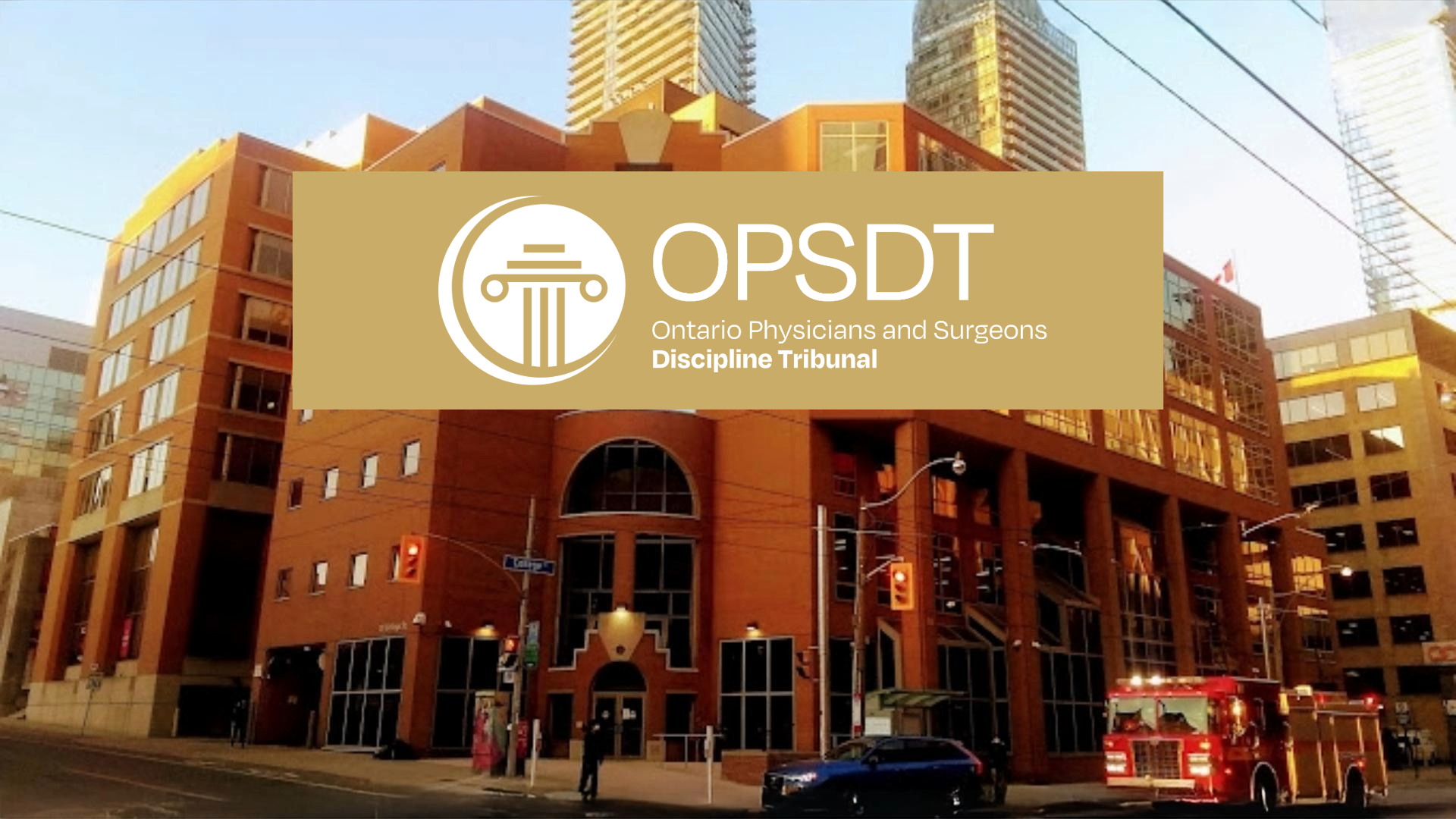Overview and Facts
On April 16, 2024, the Ontario Court of Appeal dismissed the appeal of three physicians, Dr. Ivan Radovanovic (“Dr. Radovanovic”), Dr. Vitor Mendes Pereira (“Dr. Pereira”), and Dr. Karel ter Brugge (“Dr. ter Brugge”), challenging a trial judgment against them for failure to obtain informed consent from their patient, Michael Denman (“Mr. Denman”). Mr. Denman, 54, experienced a catastrophic brain injury during a third embolization procedure in June 2015, leaving him with left-sided paralysis. Damages were settled before trial at $8.5 million. The appellants were physicians at Toronto Western Hospital (TWH), who were involved in Mr. Denman’s treatment plan for an arteriovenous malformation (AVM).
Mr. Denman’s medical history started with the discovery of his AVM. Between 2014 and 2015, a treatment plan was formulated by the AVM team at TWH which involved a series of embolizations followed by a possible surgical removal of the AVM.
Issue
The central issues underlying this appeal were the nature and extent of a physician’s duty to obtain informed consent for a multi-step course of elective medical treatment, and on which physicians involved in treatment does this duty rest.
The Law
The judge cited legal precedent highlighting the patient’s ultimate decision-making authority in medical treatment. The doctor must provide necessary information for an informed choice, especially when multiple treatment options exist. As stated in Van Dyke v. Grey Bruce Regional Health Centre, 2005 ONCA 18841:
The ultimate decision whether to proceed with a particular treatment rests with the patient and not the doctor. The doctor must equip the patient with the information necessary to make an informed choice.
Reasons for Decision
The Court of Appeal’s decision affirmed the trial judge’s determination that “neither Mr. Denman nor a reasonable patient in his circumstances would have elected to proceed with medical intervention that was to involve a series of embolizations, possible and/or likely to be followed by a surgical resection” with the proposed treatment if he had been adequately informed (para 54). The Court of Appeal accepted the trial judge’s conclusion that if properly informed, Mr. Denman would have deferred undergoing the procedures. Dr. Findlay, an expert witness at trial, testified that he personally would not have offered the proposed medical intervention because it would be “too high risk” for an individual in Mr. Denman’s circumstances (para 68).
Regarding liability, the Court of Appeal rejected the appellants’ argument that only the performing physician could be held responsible for obtaining informed consent. It cited Ferguson v Hamilton Civic Hospitals, 1983 ONSC 3059, where a neurosurgeon who didn’t perform a procedure was still held liable for disclosure due to awareness of the performing doctor’s limitations. The Court of Appeal observed that modern medical practice often involves teamwork and as allowed in section 13 of the Health Care Consent Act, 1996, one health practitioner may propose a treatment plan on behalf of the entire team.
Dr. ter Brugge’s involvement in the AVM conference at TWH and subsequent meetings with Mr. Denman obligated him to convey sufficient information about the proposed treatment plan. Despite defence arguments that only the risks associated with the first embolization needed to be disclosed, the Court of Appeal accepted the trial judge’s finding that Mr. Denman needed to understand the cumulative risks of the multi-step treatment plan.
Dr. ter Brugge’s failure to disclose the expected treatment plan and the lifelong risk without treatment amounted to a breach of his duty to provide essential information for Mr. Denman’s informed decision-making process. This inadequacy was worsened by directing Mr. Denman to a misleading website, which resulted in a lack of transparency and hindered his ability to access accurate medical information. Consequently, Mr. Denman proceeded with his treatment plan without a comprehensive understanding of its potential consequences, leading to the harm he suffered. Had Dr. ter Brugge fulfilled his obligation to provide adequate disclosure and guided Mr. Denman towards reliable information sources, the outcome might have been different, potentially averting Mr. Denman’s injury.
The Court of Appeal further upheld that the information provided to the patient by Dr. Radovanovic and Dr. Pereira was not only lacking, it was misleading and inaccurate.
Conclusion
The Court of Appeal upheld the trial judge’s finding of liability against all three appellants, highlighting collective responsibility for obtaining informed consent in medical teams and the need to disclose cumulative risks and benefits in multi-step treatment plans.
Decision Date: April 16, 2024
Jurisdiction: Court of Appeal for Ontario
Citation: Denman v. Radovanovic, 2024 ONCA 276 (CanLII)



